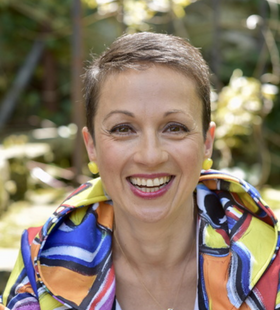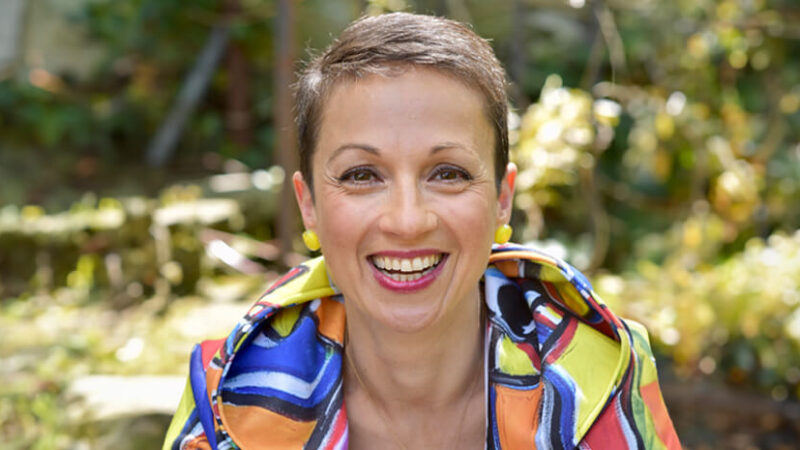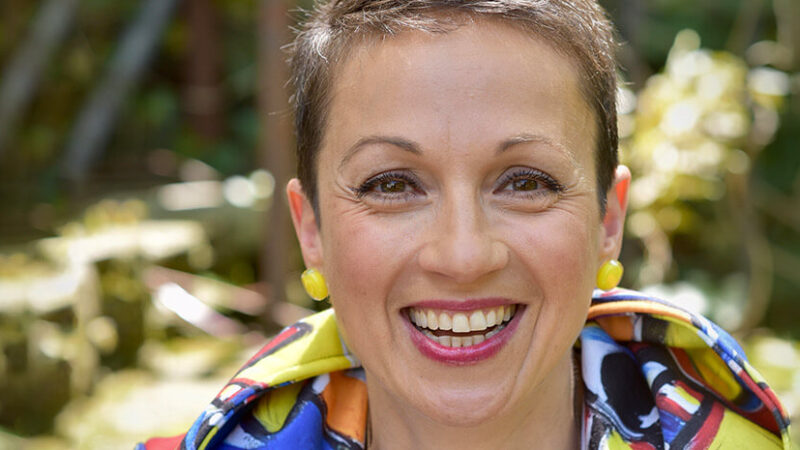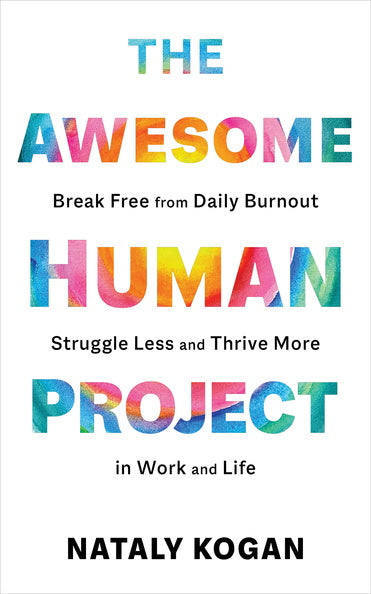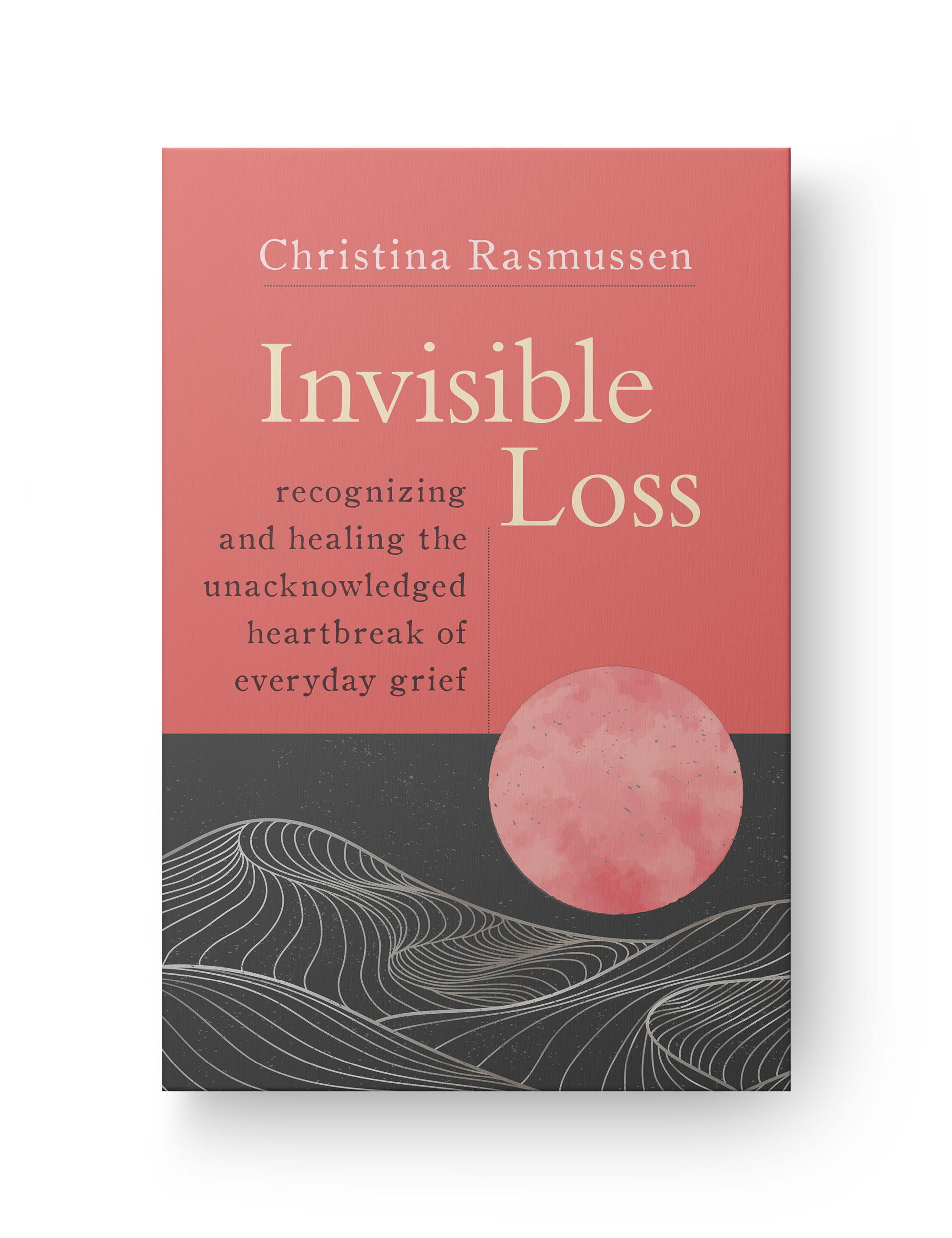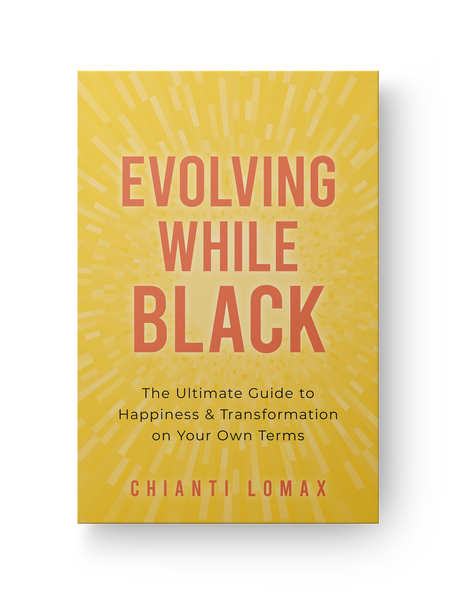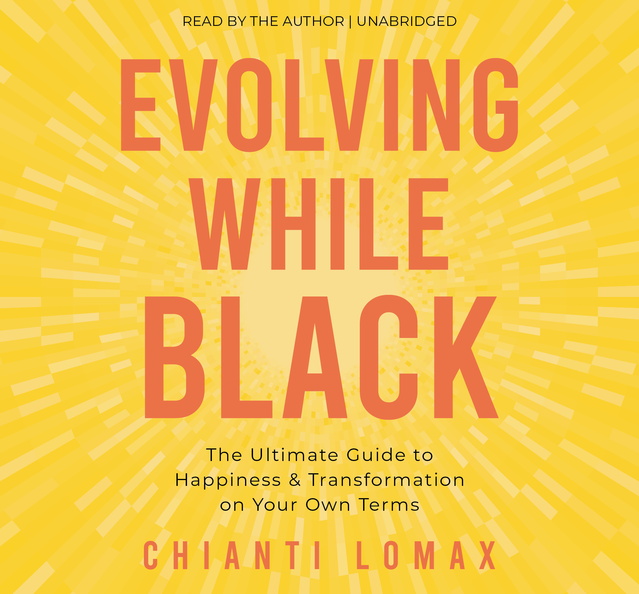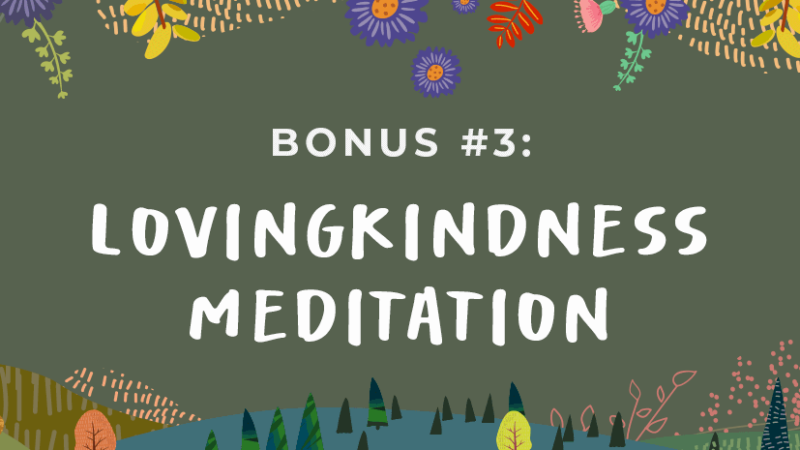Nataly Kogan: Living in a Friendly and Joy-Filled Univ...
What brings you your greatest joy? How do you access your inner “awesome”? Nataly Kogan has made it her life’s work to help people overcome burnout and break free from endless busyness. In this podcast, Tami Simon speaks with Nataly about her new book, The Awesome Human Journal, and the practical steps we can begin to take right now to shift out of self-defeating thought patterns (and their corresponding emotions), reclaim our energy, and share our gifts with the world.
Tune in as Tami and Nataly discuss insights from neuroscience that everyone should know; the human brain’s negativity bias; creating a better relationship with your thoughts—a key to well-being and emotional fitness; the worst-case scenario exercise; finding certainty in uncertain times; working within your sphere of impact; cultivating agency; freedom from skepticism and mistrust; living an aligned life in a universe that is friendly; energetic self-care; breaking the habit of denying ourselves joy; changing our habitual frame of reference to something positive and supportive; and more.
Note: This episode originally aired on Sounds True One, where these special episodes of Insights at the Edge are available to watch live on video and with exclusive access to Q&As with our guests. Learn more at join.soundstrue.com.
